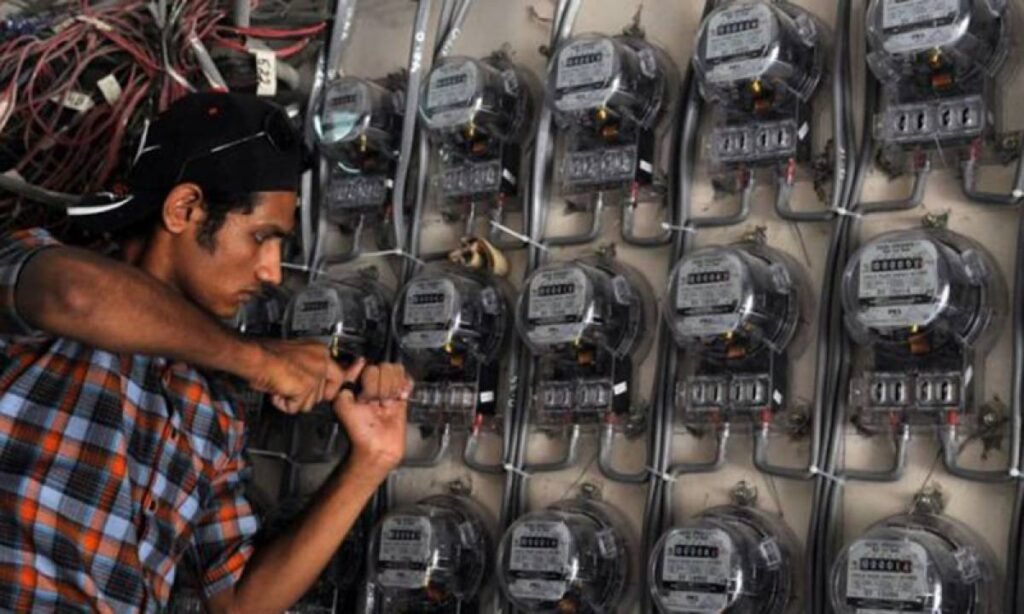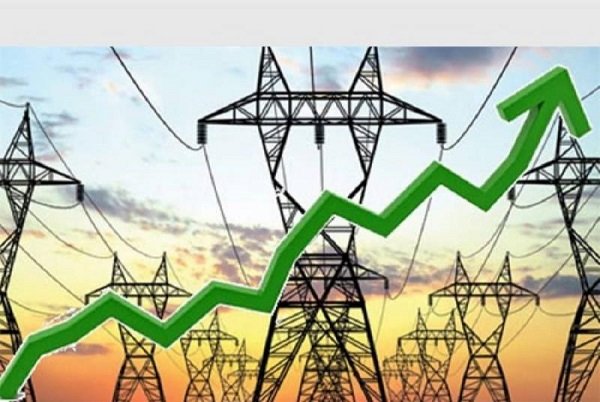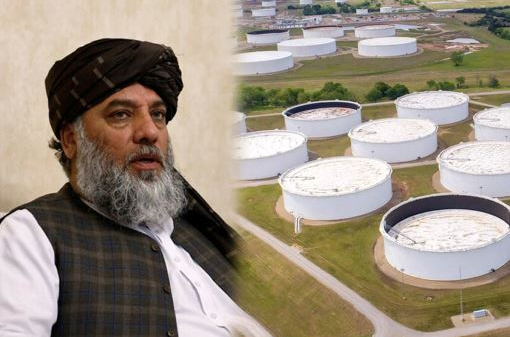ISLAMABAD: The federal government notified Rs4.96 per unit hike in the basic tariff of electricity just a month before the completion of its term.
The actual increase in the electricity tariff will be higher than Rs 4.96 after the inclusion of taxes and a variety of surcharges.
In the second week of August, the coalition government will transfer power to the caretaker set up for holding the general elections.

On Friday, the National Electric Power Regulatory Authority notified that the electricity base tariff for 2023-24 will increase by Rs4.96 per unit. It is part of the government’s commitment to the International Monetary Fund (IMF). Hence, from July 1, 2023, this increase in the tariff of power will be applicable.
As a result of this decision, the government will collect Rs3.281 trillion from power consumers across all distribution companies.
The implementation of the new power tariff will commence on July 1, with the tariff rising to Rs29.78 per unit from the current Rs25 per unit.
Additionally, the power companies will charge the consumers up to Rs 50/unit who are using time-of-use (ToU) meters during peak hours _ from 5 pm to 11 pm. Peak hours are changed every quarter.
Notably, a hike in the base tariff will affect different categories of consumers. While some categories will experience a lower increase, others may face an increase of up to Rs6 per unit, depending on the government’s decision.
The power regulator has determined that the average increase in the base tariff will be Rs4.96 per unit.
In addition to the new base tariff of Rs29.78 per unit, end consumers will also pay a financing cost surcharge of Rs3.23 per unit from July 1, generating Rs335 billion to address the power sector’s debt and liabilities, which currently amount to Rs2.6 trillion.
Furthermore, consumers will continue to pay the Tariff Rationalization Surcharge of Rs0.47 per unit.
Within the overall increase of Rs4.96 per unit in the base tariff, the share of capacity charges payment has risen to 70%, equivalent to Rs3.472 per unit, while 30% is allocated to energy price.
The new base tariff increase has been calculated based on a dollar value of Rs287, an inflation rate of 17%, and an electricity generation growth rate of 7%. In the tariff, consumers will pay capacity charges amounting to Rs1.874 trillion, compared to Rs1.251 trillion in 2022-23.
Unfortunately, the end electricity consumers in Pakistan are bearing the brunt of inefficiencies in the power sector, in addition to paying the actual cost of electricity.
They are burdened with tariff rationalization charges, financing cost surcharges, electricity duty, PTV license fee, GST, income tax, extra tax, further tax, and sales tax.
In fact, consumers end up paying an additional 31% on top of the actual cost of electricity in the form of surcharges, duties, and taxes.
Electricity Duty, a provincial levy, is imposed on all consumers at a rate ranging from 1.0% to 1.5% of Variable Charges. General Sales Tax (GST) is charged under the Sales Tax Act 1990 on all consumers at a rate of 17% of their electricity bills.
I am an experienced writer, analyst, and author. My exposure in English journalism spans more than 28 years. In the past, I have been working with daily The Muslim (Lahore Bureau), daily Business Recorder (Lahore/Islamabad Bureaus), Daily Times, Islamabad, daily The Nation (Lahore and Karachi). With daily The Nation, I have served as Resident Editor, Karachi. Since 2009, I have been working as a Freelance Writer/Editor for American organizations.










